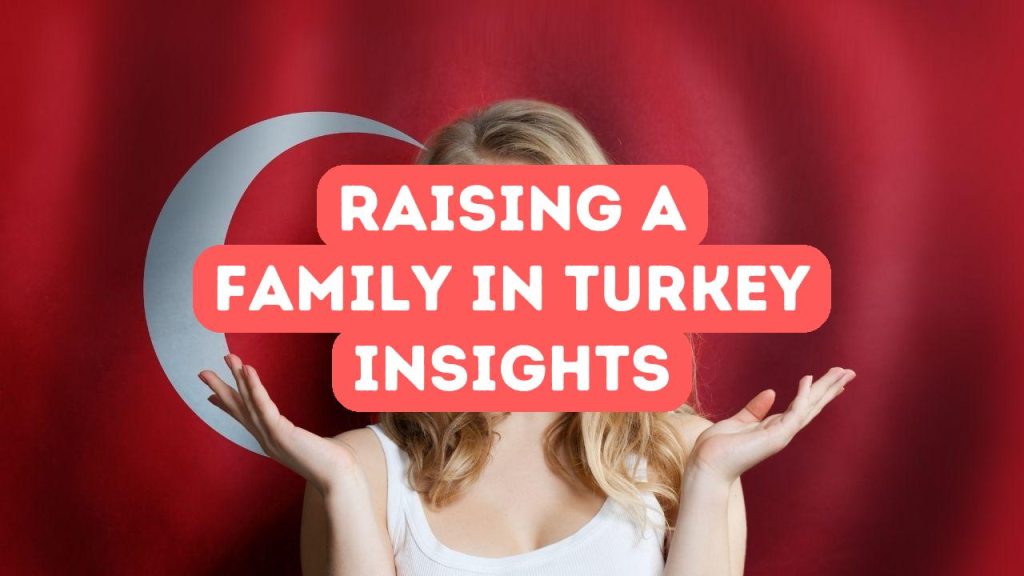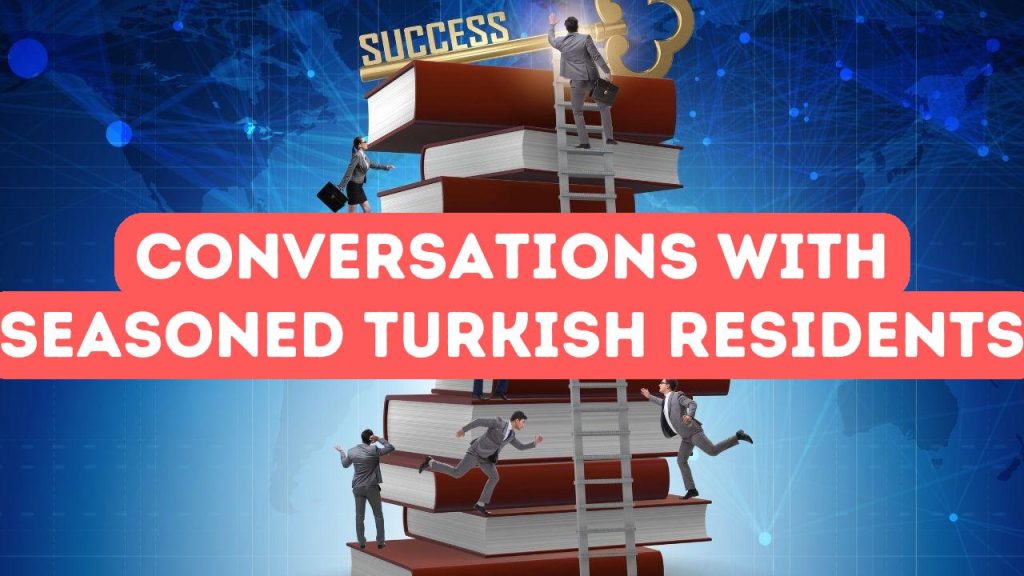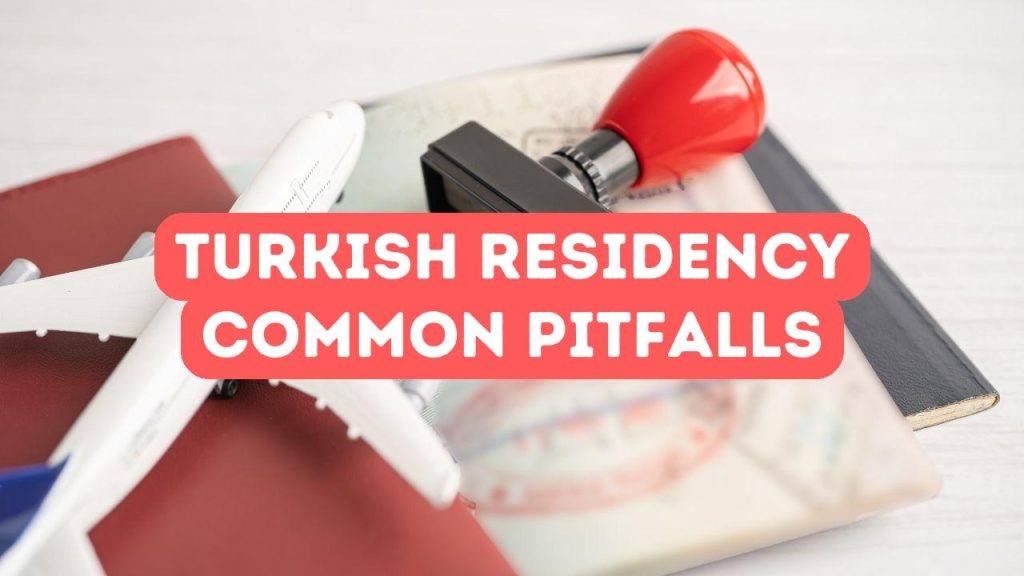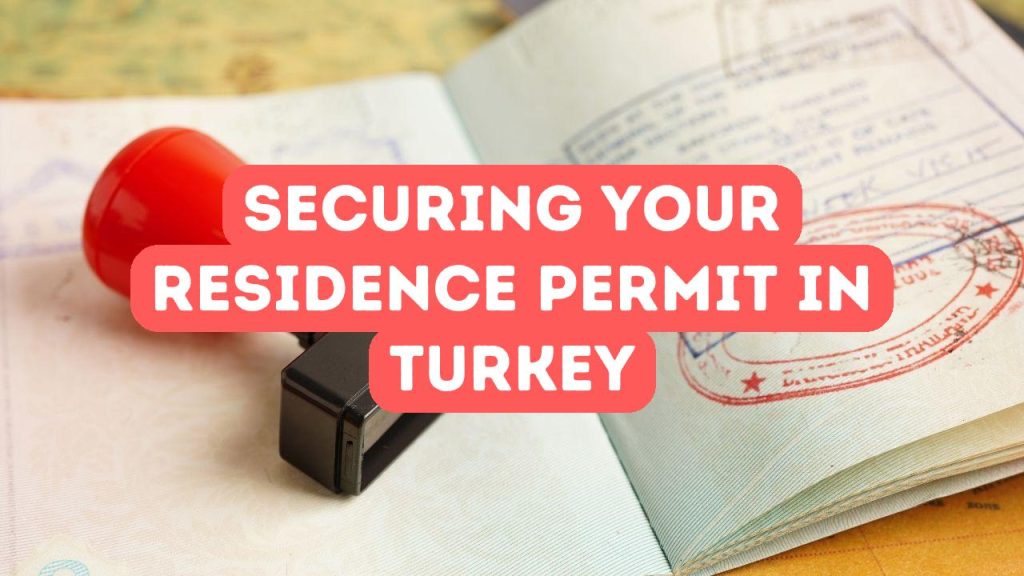Navigating the Turkish Education System
Embarking on the educational journey in Turkey offers a variety of choices, each with its benefits and considerations. Public schools are widely accessible and often rooted in strong nationalist values, reflecting the legacy of Mustafa Kemal Atatürk. These institutions are free and serve as the foundation of education for the majority of the population, fostering a sense of collective identity among young learners. However, the desire for a more global perspective has paved the way for a surge in private and international schools. These alternatives cater to diverse curricula, such as the International Baccalaureate (IB) or the British GCSE and A-levels, offering a broader world view and often enhanced language instruction – particularly in English. Choosing the right path requires parents to balance cultural integration with international competitiveness, as each option reflects a different aspect of Turkey’s multifaceted approach to education and individual development.
The dichotomy between public and private education in Turkey is also mirrored in the varied quality and resources of schools, depending largely on regional disparities. Urban centers like Istanbul, Ankara, and Izmir boast the most prestigious and well-equipped schools, drawing in not only expatriate families but also Turkish parents seeking premier education for their children. In contrast, rural areas often grapple with limited access to the same high-caliber facilities and teaching staff, prompting the government to invest in initiatives aimed at reducing educational inequality. Parents must proactively seek out extracurricular programs and supplementary educational materials to bridge these gaps. Moreover, navigating the labyrinth of university entrance exams, known as the YKS, becomes a pivotal focus of secondary education, with families commonly investing in private tutoring to ensure their children are well-prepared for this highly competitive process.
Amidst the challenges, the Turkish Ministry of National Education offers several resources designed to aid families in their academic pursuits. Interactive online platforms such as EBA (Eğitim Bilişim Ağı) provide students with access to a vast array of digital learning materials, ranging from lecture videos to practice exercises, complementing the traditional classroom experience. Additionally, numerous non-governmental organizations and parent-teacher associations create community support networks, offering seminars and workshops that bridge educational theory and practical application. Parents who are equipped with knowledge about these offerings can more effectively tailor their child’s educational pathway to align with both the family’s values and the child’s personal strengths and aspirations. Adapting to the Turkish education system is a multifaceted endeavor, but with a discerning approach to the diverse resources available, it can be a rewarding journey that enriches the family experience and paves the way for a child’s future success.
Accessing Family Support Services in Turkey
Navigating the landscape of family support services in Turkey reveals a robust network designed to assist parents and children. The government has instituted several programs and initiatives, such as the Social Services and Child Protection Agency, which provide a safety net for families in need of assistance. These services encompass a broad spectrum of support including free healthcare for children and mothers, educational scholarships for the young, and subsidized housing for low-income families. Additionally, local municipalities often organize family-oriented activities and parenting seminars, which aim to strengthen community bonds and offer practical advice to caregivers. Access to these resources is facilitated by community centers known as Aile Destek Merkezi, where families can obtain information and support tailored to various aspects of child-rearing, such as nutritional counseling, psychological support, and educational guidance, fostering an inclusive community fabric that values the well-being of each family member.
Beyond governmental initiatives, Turkey is also home to numerous non-profit organizations that complement state-provided family services. These organizations often focus on specific needs, such as support for families of children with disabilities, early childhood education programs, and women’s empowerment, including vocational training for mothers. They operate both at the national and local levels, providing a more personalized approach to family assistance. For instance, community-based programs such as Anne Çocuk Eğitim Vakfı (AÇEV) offer educational and support programs aimed at improving parenting skills and child development. Networks of volunteers within these organizations can also act as bridges, connecting families to a wider range of services and resources, including international NGOs and private sector partnerships that offer scholarships and mentorship opportunities. These synergies between public, private, and volunteer sectors are crucial in creating a nurturing environment for families, fostering resilience and enabling children to thrive in the face of challenges.
For families seeking a more tailored experience or facing linguistic and cultural barriers, a myriad of international community groups serve as an indispensable resource. Offering a familiar cultural touchstone, these groups facilitate integration into Turkish society, while providing a support network for expatriate and mixed-nationality families. They organize social events, cultural exchange programs, and language lessons that ease the transition for children and parents alike. Furthermore, these international communities often collaborate with local schools to ensure a smooth educational journey for children. Parents can benefit from shared experiences and advice through online forums, social media groups, or in-person meetups organized by these communities. Recognizing the value of this interconnectedness, Turkish society has increasingly embraced such networks, acknowledging their role in enriching the country’s own cultural fabric and in enhancing the support system for every family raising children in this diverse nation.
Cultivating Child-Focused Community Networks
In the bustling mosaic of Turkish society, cultivating child-focused community networks emerges as a cornerstone for supportive family ecosystems. Parents find camaraderie and guidance within these networks, which often start at the neighborhood ‘mahalle’, extending into school associations and cultural clubs. These hubs not only enable the sharing of knowledge and experiences concerning local schooling options and extracurricular activities but also foster collaborative problem-solving regarding common parental challenges. By leveraging these relational ties, families gain access to a wealth of informal educational materials, child-rearing wisdom, and collective advocacy for improved local educational resources. This communal involvement plays a crucial role in the enrichment of Turkey’s social fabric, ensuring that children grow within a nurturing environment bolstered by the collective effort and shared wisdom of the community.
Moreover, these community networks serve as a platform for enrichment beyond the classroom, where traditional Turkish arts, music, and sports are introduced to the young. Libraries and cultural centers within municipalities frequently organise free or low-cost workshops and events specifically designed for children and families. This not only enhances the cultural literacy of the youth but also preserves the nation’s rich heritage through active, intergenerational participation. Social media groups and online forums complement these physical spaces, allowing for an expanded, inclusive dialogue among parents for sharing best practices in education and child development, and for mobilizing resources to address gaps in local educational services or to spearhead community projects. Through these means, children benefit from a more holistic upbringing, reflecting the collective investment of their community in their growth and success.
In times of need, these community networks prove especially invaluable, creating a safety net through initiatives such as tutoring programs for children requiring academic support or language classes for families of expatriates and refugees integrating into Turkish society. Seasoned educators and volunteers within the community often spearhead these efforts, providing personalized attention that might otherwise be unavailable through formal education channels. Similarly, collaborative events like community food drives, holiday celebrations, and family fun days not only lighten the load of parenting but also instill a sense of social responsibility and interconnectedness in the younger generation. As parents and children alike participate in these collective endeavors, they are not only weaving the rich tapestry of their immediate community but also contributing to the larger picture of a harmonious, forward-looking society in Turkey.






